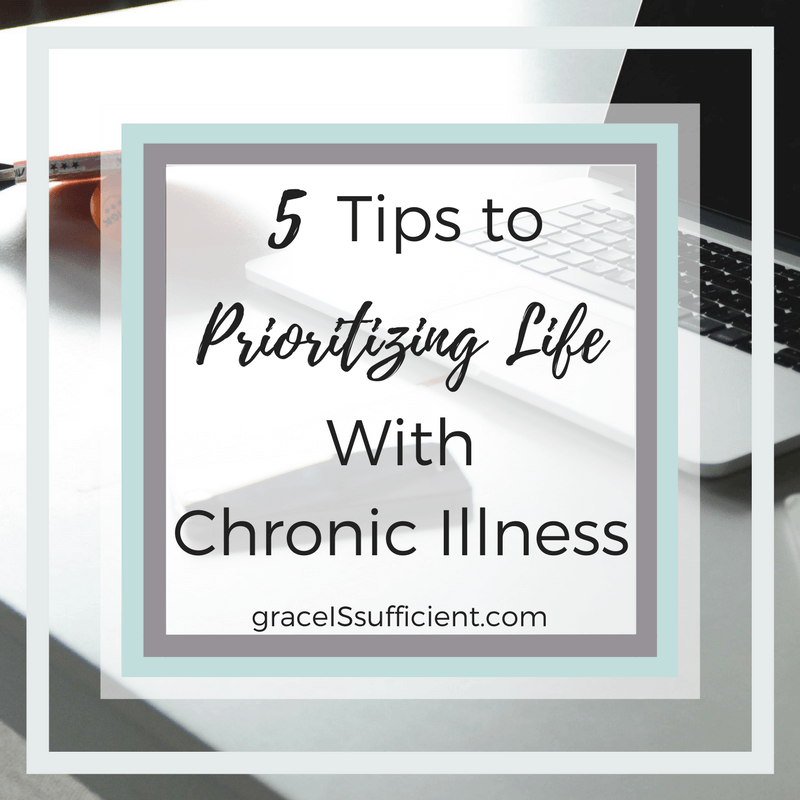This is the third and final post in our series on learning to say no. In part one I gave some tips on discovering why you may be saying yes when you want to or should be saying no. In part two I shared seven things that will help you decide when you should say no. Now, for this final post, we need to put some action into what we learned and actually say NO. But there is an art to it or at least a way to do it with a bit more grace than a typical blurted-out “NO!”

As individuals with chronic illness, we already tend to have difficulty maintaining relationships because we simply can’t keep up with our “healthy” friends and family. We certainly don’t want to make a relationship tenser by coming off as rude or difficult.
So how do we say no gracefully? Here are a few things you might want to try:
- Never give an immediate “YES” but if you know your answer is a definitive “NO” be sure to respond with it immediately! Saying no right away will eliminate the awkward, stressful time between the first ask and the day you give the answer you knew you were going to give anyway. Your body doesn’t need the stress and the person asking may benefit from the extra time that wasn’t wasted as they waited for your answer.
- Don’t apologize for saying no. You’re not asking permission to decline their ask either.
- Compromise if possible, and if you’d like to. You might have to say no to their immediate request but if you’d still like to take part you might try saying, “No, but I’d love to help with such and such.”
- Make your no simple, firm, and clear. Saying “I don’t think I can” or “I’m not sure” makes the person believe there’s a possibility you’ll still say yes later on. Instead say something like, “thank you for asking but I have to say no.”
- Don’t offer a reason/excuse for your “no.” The person asking may try to solve your problem (or what they see as a problem) or they may not think your reason is good enough and judge you based on that. You’re the only one that can judge the validity of your reason.
- Don’t fabricate an excuse. Lying your way out of a request is never a good thing. It puts your integrity and relationships on the line.
- Keep the door open for future requests when it relates to something you’d like to do. Maybe your friends are going out to dinner and a movie but your health won’t allow it that day. Let them know you sincerely appreciate the invitation and you’d love to go with them next time as long as you’re up to it. Don’t go into details about your symptoms – keep it simple and general.




